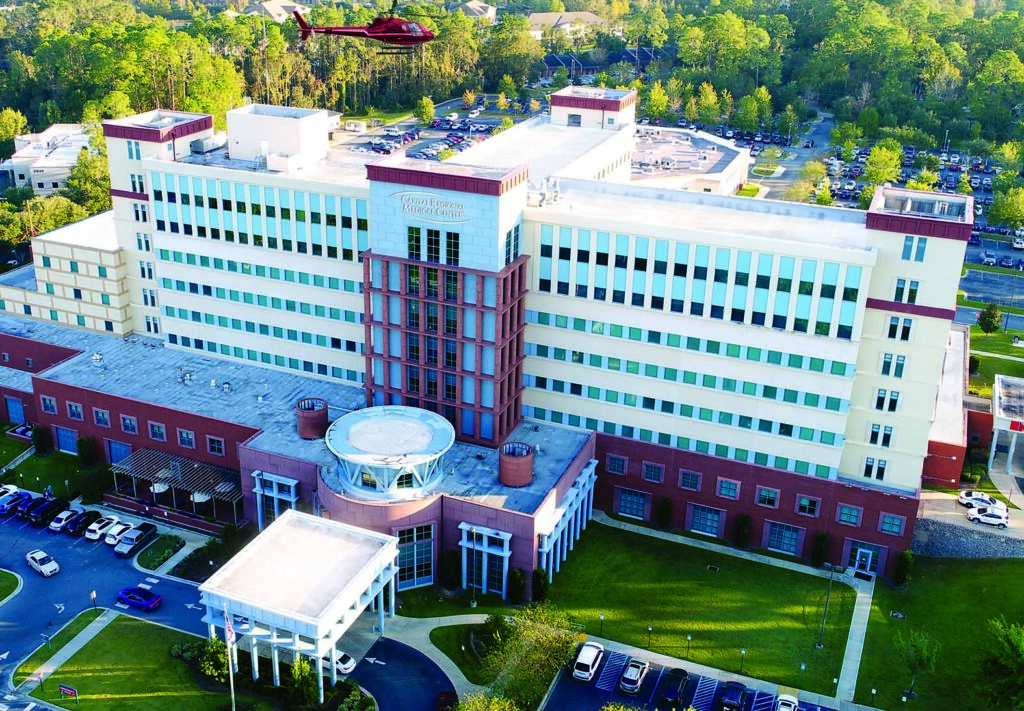Exploring Capital City Psychiatry: A Comprehensive Perspective
In today's fast-paced world, mental health has become an increasingly important topic of conversation. With the rising awareness around mental health issues, capital city psychiatry has emerged as a vital area of focus for both practitioners and patients alike. The capital city, often a hub for various services, plays a significant role in shaping the landscape of psychiatric care, making it essential to explore the nuances and implications of this field. As cities expand and populations grow, understanding the dynamics of mental health services in urban settings becomes crucial.
As we delve into the realm of capital city psychiatry, we will examine the unique challenges faced by mental health professionals and the resources available to those seeking help. The intersection of urban living and mental health often presents specific obstacles, including accessibility, stigma, and the availability of specialized care. Through this exploration, we aim to shed light on the importance of effective psychiatric services within capital cities, highlighting how urban environments can influence mental health outcomes.
Furthermore, this article will address frequently asked questions about capital city psychiatry, offering insight into various aspects of the field, from its history and evolution to the types of services offered. By the end of our exploration, readers will have a better understanding of how capital city psychiatry operates and its significance in today’s society.
- Telescope Lyrics By Twxn A Deep Dive Into Meaning And Composition
- Jessica Cediel The Rise Of A Colombian Star
What is Capital City Psychiatry?
Capital city psychiatry refers to the branch of mental health care that operates within the confines of a capital city. This field encompasses various services aimed at addressing mental health disorders, providing therapy, medication management, and crisis intervention. The unique challenges faced by urban populations necessitate specialized approaches to psychiatric care, making capital city psychiatry a focal point for mental health initiatives.
How Does Capital City Psychiatry Differ from Rural Psychiatry?
While both urban and rural psychiatry aim to address mental health issues, capital city psychiatry often deals with different sets of challenges. Urban areas typically have higher population densities, leading to increased demand for psychiatric services. Key differences include:
- Accessibility: Urban centers may have more facilities, but they can also face overcrowding.
- Cultural Diversity: Capital cities often host diverse populations, necessitating culturally sensitive approaches.
- Stigma: Urban populations may experience different levels of stigma regarding mental health.
- Resource Allocation: Funding and resources may be concentrated in capital cities, affecting service delivery.
What Services are Offered in Capital City Psychiatry?
Capital city psychiatry offers a wide array of services designed to meet the diverse needs of its population. These services may include:
- Individual and group therapy.
- Psychiatric evaluations and assessments.
- Medication management.
- Crisis intervention and support.
- Substance abuse treatment programs.
- Community outreach and education programs.
What Role Do Community Resources Play in Capital City Psychiatry?
Community resources play a pivotal role in enhancing the effectiveness of capital city psychiatry. Local organizations, advocacy groups, and government initiatives work together to provide support and resources for individuals facing mental health challenges. These resources can include:
- Support groups and peer networks.
- Educational programs aimed at reducing stigma.
- Access to mental health hotlines and emergency services.
- Collaboration with schools and workplaces to promote mental well-being.
Who Are the Key Figures in Capital City Psychiatry?
Key figures in capital city psychiatry often include renowned psychiatrists, mental health advocates, and researchers who contribute to the field through their work. These individuals may lead initiatives, conduct research, and provide clinical care, shaping the future of mental health services.
What Are the Challenges Faced by Mental Health Professionals in Capital Cities?
Mental health professionals in capital cities face several challenges that can impact their ability to provide care effectively. These challenges include:
- High Demand: The sheer number of individuals seeking help can lead to overwhelming workloads.
- Burnout: The stress associated with high demand can contribute to mental fatigue among practitioners.
- Funding Issues: Budget constraints can limit available resources and services.
- Stigma and Misunderstanding: Despite progress, stigma surrounding mental health persists, affecting both patients and providers.
How Can Individuals Access Capital City Psychiatry Services?
Accessing capital city psychiatry services often involves several steps. Individuals seeking help should consider the following:
- Research local mental health facilities and their offerings.
- Consult with a primary care physician for referrals.
- Explore community resources and hotlines for immediate support.
- Utilize online platforms to find licensed mental health professionals.
What Does the Future of Capital City Psychiatry Look Like?
The future of capital city psychiatry is poised for growth and innovation. As awareness of mental health issues continues to rise, there is an increasing push for improved access to care, integration of technology in treatment, and the implementation of preventative measures. Potential advancements may include:
- Telepsychiatry services to reach underserved populations.
- Collaborative care models that integrate mental health into primary care settings.
- Research initiatives that explore the efficacy of new treatment modalities.
- Policies aimed at reducing stigma and promoting mental health awareness.
Conclusion: The Importance of Capital City Psychiatry
In conclusion, capital city psychiatry plays a critical role in addressing the mental health needs of urban populations. By understanding the unique challenges and opportunities within this field, we can work towards creating a more supportive environment for those seeking help. As we move forward, it is essential to continue advocating for accessible, effective mental health services that cater to the diverse needs of individuals living in capital cities.


Detail Author:
- Name : Aleen Berge
- Username : nharvey
- Email : carol.schmitt@bernier.com
- Birthdate : 1985-04-23
- Address : 91542 Roberts Mews Suite 907 New Emelieburgh, KS 49877-3212
- Phone : 619.441.5985
- Company : Herman-Dietrich
- Job : Forester
- Bio : Et aut qui ipsum. Asperiores aliquam dignissimos voluptatum quibusdam itaque.
Socials
linkedin:
- url : https://linkedin.com/in/nicholas1867
- username : nicholas1867
- bio : Dolorem aut fuga non voluptatibus accusamus quia.
- followers : 118
- following : 19
instagram:
- url : https://instagram.com/hilln
- username : hilln
- bio : Unde at ex molestiae. Dolor ab culpa et aspernatur aut temporibus. Vel officiis sed quam voluptate.
- followers : 1704
- following : 2287
tiktok:
- url : https://tiktok.com/@nicholas_hill
- username : nicholas_hill
- bio : Fuga sed et delectus. Explicabo similique non veniam assumenda molestiae.
- followers : 347
- following : 325
facebook:
- url : https://facebook.com/hilln
- username : hilln
- bio : Molestiae quia non voluptates nihil minima consequuntur.
- followers : 1947
- following : 570
twitter:
- url : https://twitter.com/nicholas_dev
- username : nicholas_dev
- bio : Laboriosam commodi fugit molestiae quidem totam. Nemo illo quia repudiandae est. Quia eos sunt deserunt quis id porro deserunt dolore.
- followers : 519
- following : 2723